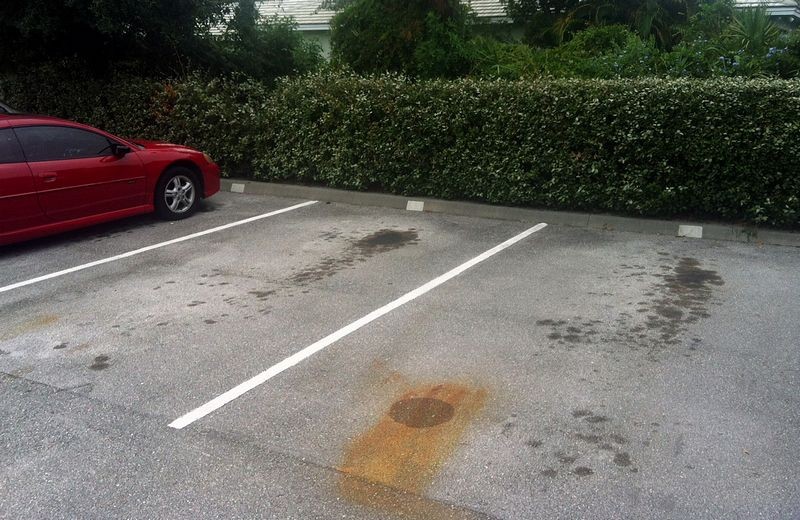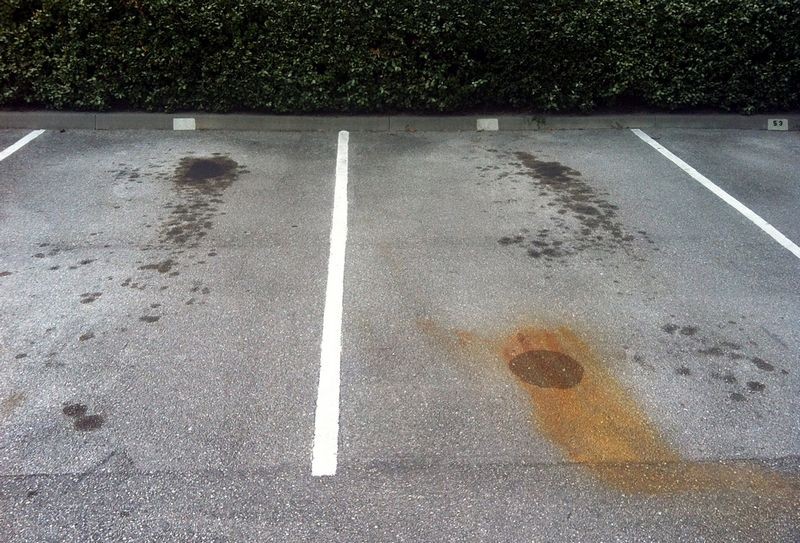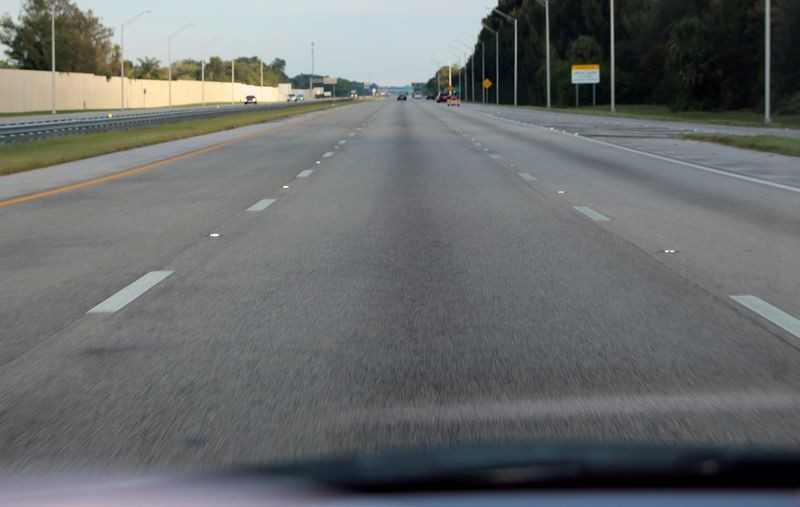Makes perfect sense. And it's good to know you're being pro-active to teach your customers how to properly wash their coated cars.
Here's my experience, in the years I've been alive on this earth I find most people don't know how to properly wash a car. I share this in at least two of my books, the first edition, which is called "The Art of Detailing" and the second edition, "The Complete Guide to a Show Car Shine"
On page 14 you'll find this,
The point of this passage are,
1: Most people don't pay attention to how they wash a car.
2: Most people don't know how to properly and safely wash a car.
3: Most people instill swirls and scratches into the surface when washing their car because of the first two points.
I'd also say most people don't wash their cars as often as they should and even as often as they like and for this reason, my experience is that the exterior of a car including not just the paint but also the glass, plastic, trim etc, gets a dirt build up or a type of dirt film over all of these surfaces over time. This is especially true for daily drivers in areas where it rains a lot for the reason I spell out in the article I've included twice now in this thread and now three times.
Road Film - If you drive your car in the rain your car has road film
Driving in the rain - For most of us it's unavoidable
Road Film
Road film is the oily film splattered all over your car when you drive in the rain.
Where does Road Film come from?
Oils and other fluids that drip out of cars, truck and suvs accumulate on roads and highways over time.
When it rains, these accumulated oils and other fluids mix with the rain and are then splattered all over your car in effect staining you're entire car from top to bottom. The highest concentration of road film accumulates on your wheels, tires and lower body panels.
Just look in the parking space of any parking lot...
Motor Oil, Transmission Fluid, Gear Oil and other fluids
These outlined areas show where fluids have dripped off engines and transmission, even radiators and accumulated to the point that the pavement has been permanently stained.
It's also on roads and highways...
The oil stain line that runs down the middle of the road...
The dark line down the middle of the road
It's the darker, line down the middle of roads and freeways where most of the oily fluids accumulate as car, truck and suvs drive down the road.
Now that you've read this article and looked at the above pictures, you'll remember this every time you look down the road you're driving on.
 Remember, oil and water don't mix
Remember, oil and water don't mix
When it rains, the cars in front of you spray the rain water mixed in with these accumulated oils onto not only your car's paint but the wheels, tires, glass, plastic, cloth tops and vinyl tops.
If it's on the outside of the car then it's getting coated with oily road film.
Road Film builds up over time..
Oily road film builds up over time and because this film is oily or sticky it attracts dirt. This can be the dirt in the air or also in rain water that's splattered onto your car from the cars driving in front of you.
Can't always be seen...
Because the dirt staining effect caused by road film build up slowly over time it's not always easy to see, especially on black and dark colored cars, but don't be fooled, if you drive in the rain your car is getting coated in road film.
The solution to the problem?
Washing your car will remove any
topical road film. The problem is the dirty, oil film will tend to
migrate into any voids, pits, pores or interstices in your car's paint at least to the point that normal car washing won't remove it.
It's pretty easy to remove road film, all you have to do is periodically use one of the below approaches,
Use a quality cleaner/wax or AIO. The cleaning agents and/or abrasives in the cleaner/wax will remove any road film that washing could not remove.
Use a dedicated polish by hand or machine. Any high quality polish will effectively remove any built-up road film. Just be sure to apply a wax, sealant or coating afterwards to seal the paint.
Road Film... if you drive your car in the rain it's on your car...
My theory is that whether a car is waxed, sealed with a synthetic paint sealant or a paint coating, that if it is NOT washed regularly then at a minimum, the POTENTIAL exists for the surface of the coating to get the same build-up of road film that cars with wax or sealant get.
OF COURSE because of the self-cleaning feature provided by all quality coatings, coated cars stay cleaner longer as well as wash and dry faster. This is what I and others like about paint coatings.
I think paint coatings are still too new to have all the data needed to know 100% for sure what is taking place at the surface level over time. I do believe is a coated car is washed often, wash carefully and washed properly than the owner of the car can avoid the build up of road grime.
I don't know and I don't think anyone knows what are the results for coated cars that are NOT washed often, wash carefully and washed properly.
I also think this is a great discussion and one that is not taking place anywhere else on the blogosphere except here on AGO. At least not that I'm aware of.














